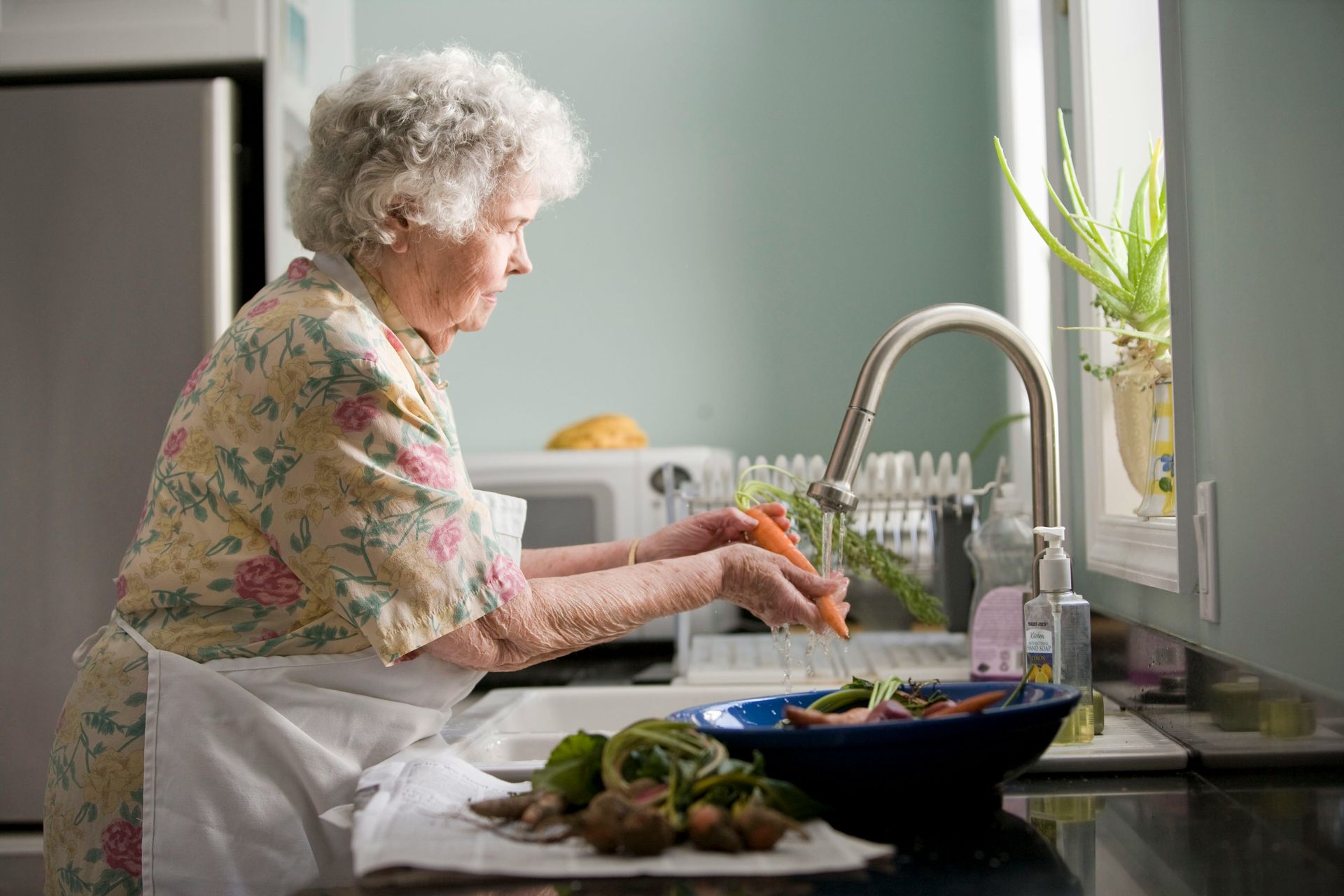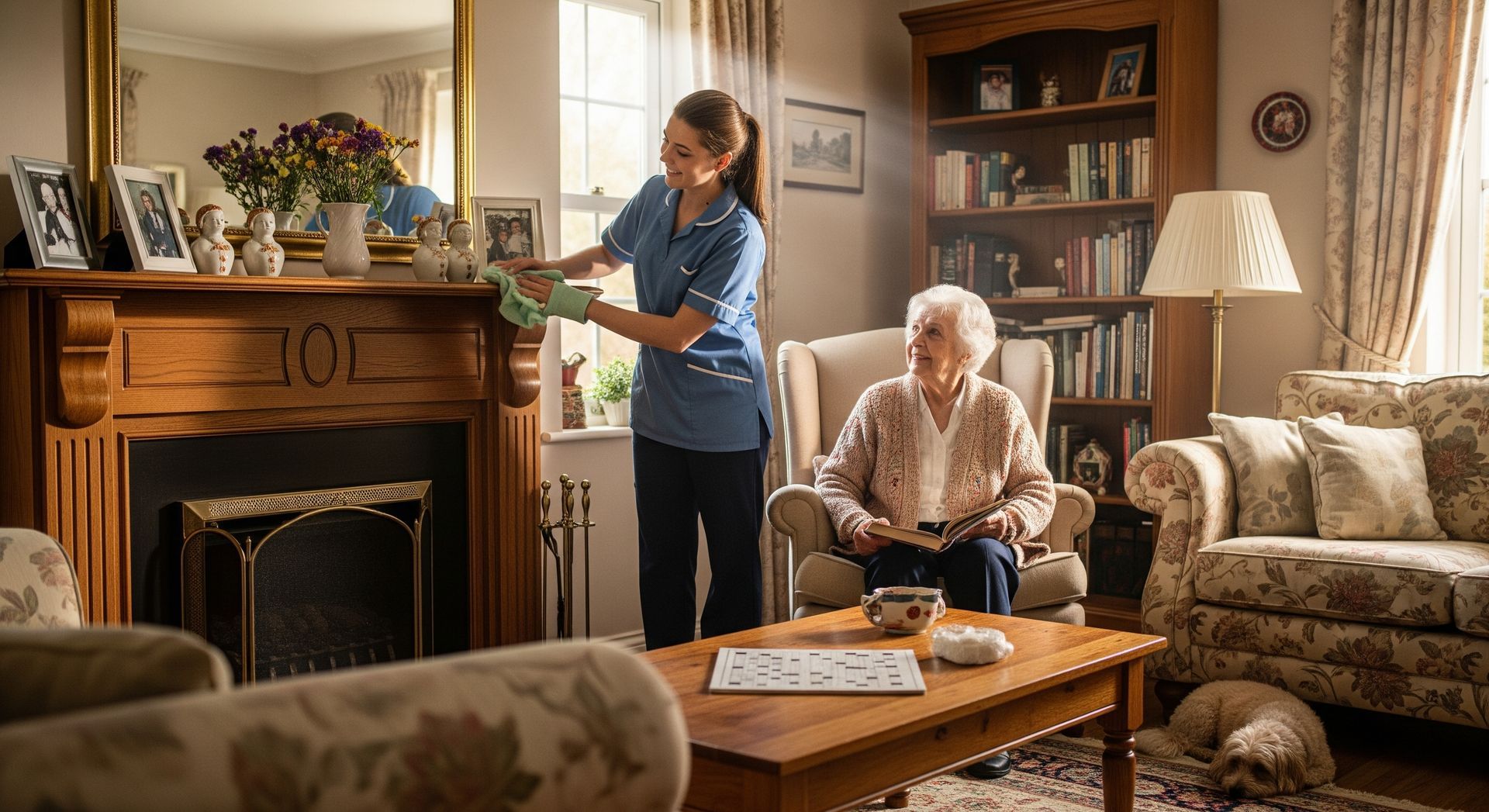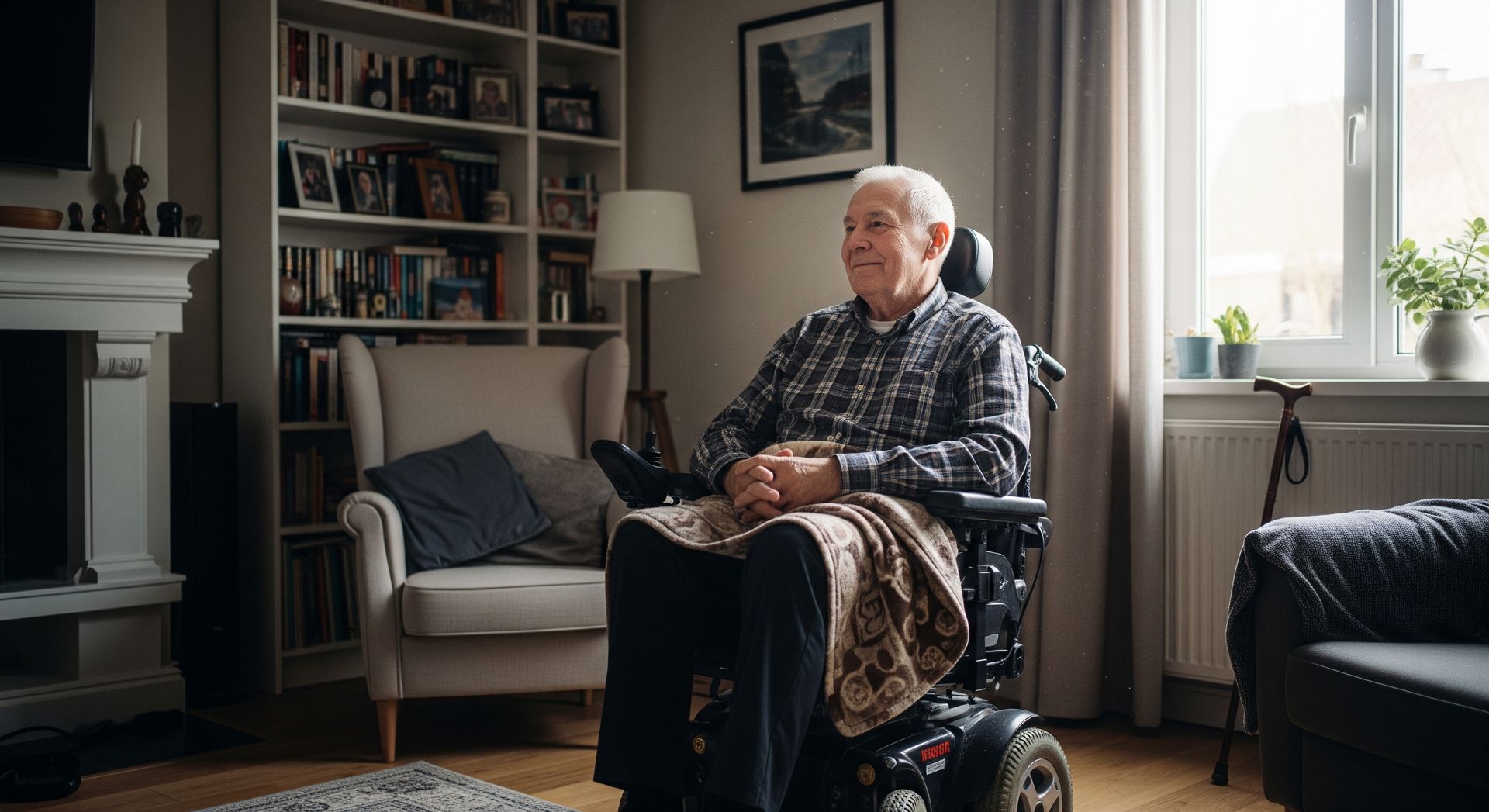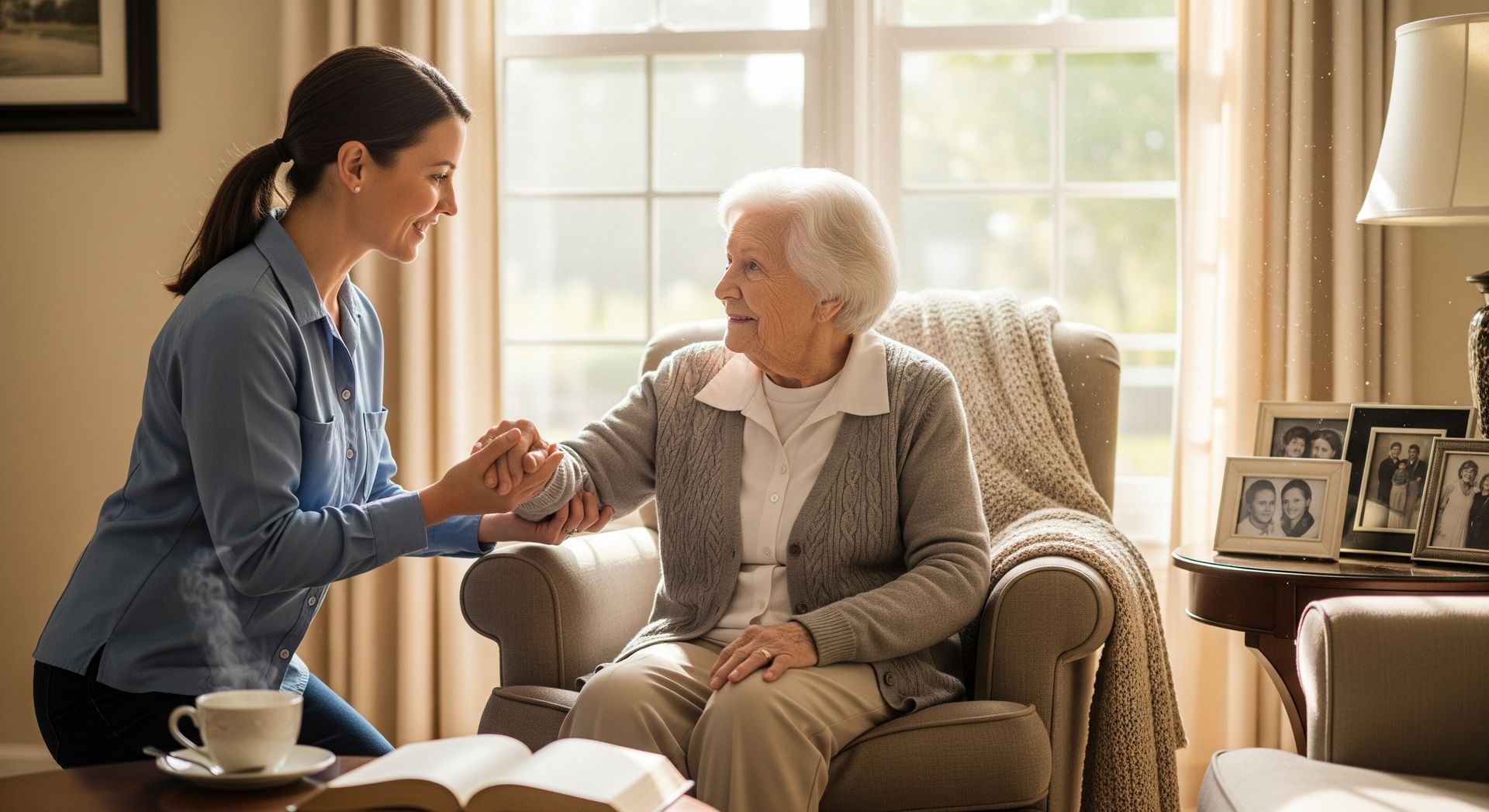What Companion Care Offers Beyond Conversation
Companion care provides more than simple conversation. It offers emotional support that helps you feel safe, active, and comfortable at home. Caregivers handle important tasks like meal preparation, mobility assistance, and medication reminders. They focus on keeping your living space secure by reducing hazards and assisting with fall prevention. Alongside physical care, companion care eases loneliness, builds social connections, and keeps you engaged in daily life. Support is available through local companionship services, helping you find care that fits your needs. Working with a trusted provider like SCC Home Care ensures you feel secure, valued, and ready to enjoy each day.
Key Takeaways
- Companion care offers emotional support that eases loneliness and boosts mental well-being through real connections, not just conversation.
- It helps with daily living tasks like meals, grooming, and movement, supporting independence and routine.
- Companion care makes your home safer by spotting hazards, preventing falls, and creating a secure living space.
- It promotes physical activity, tailored to your needs, making movement enjoyable and safe.
- Personalized care creates trust and connection, turning daily routines into meaningful moments.
Emotional Support and Mental Health Benefits
Companion care plays a crucial role in maintaining emotional well-being. A dedicated companion provides more than company—they become a trusted friend who listens, shares stories, and offers comfort during difficult times. This connection helps reduce feelings of isolation and stress, which can have a significant impact on mental health. Knowing someone genuinely cares about your happiness creates a strong sense of belonging and emotional security. Companion care builds resilience, helping you face life’s challenges with greater confidence. With steady support, everyday moments become opportunities for joy, laughter, and meaningful engagement, keeping your mind and spirit strong. For more insights, you can explore the benefits of in-home care for aging adults.
Assistance With Daily Living Activities
Daily tasks can sometimes become overwhelming, but companion care steps in to provide essential support that makes life smoother and more manageable. Caregivers assist with personal routines like dressing, bathing, and grooming, ensuring you feel comfortable and dignified. They help with household chores, meal planning, and maintaining a tidy living space, allowing you to focus on enjoying your day rather than worrying about chores. By helping with these daily living activities, companions promote independence while offering reassurance and a steady presence. Their assistance keeps you on track with your routines, reduces stress, and helps you maintain a sense of control over your life. Services like personal care and homemaking support are available to meet these everyday needs.
Personal Hygiene Support
Maintaining personal hygiene can become challenging due to age, health issues, or mobility limitations. Companion care provides gentle and respectful support with grooming, skincare, bathing, and other hygiene tasks. Caregivers help ensure you stay fresh, clean, and comfortable, which not only protects your health but also boosts your confidence and self-esteem. They offer practical tips and routines that make self-care more manageable and less stressful. Beyond physical assistance, this support creates moments of trust and connection, transforming personal care into a shared experience rather than a burden. It’s a compassionate way to ensure you feel dignified and valued every day.
Meal Preparation Help
Preparing meals can feel daunting if you’re dealing with limited mobility, low energy, or dietary restrictions. Companion care shines in meal preparation, offering help with planning nutritious menus that align with your health needs and personal tastes. Caregivers handle grocery shopping, meal prep, and cooking, adapting recipes to suit any dietary challenges while keeping meals enjoyable. They ensure you’re eating balanced, flavorful food that supports your well-being. Sharing meals with a caregiver can also bring back the social joy of dining, turning mealtime into an opportunity for connection and conversation. This support helps you stay nourished and engaged, reducing stress around daily nutrition.
Mobility Assistance Options
As moving around becomes more difficult, companion care offers tailored mobility assistance to keep you active and independent. Caregivers help you stand safely, navigate your home, and use mobility aids like canes, walkers, or wheelchairs. They’re trained to provide support without taking over, helping you maintain confidence and strength. For those recovering from illness or injury, companions may assist with gait training and simple exercises that improve balance and mobility. Staying mobile is vital for physical health, mental well-being, and a sense of freedom. With the right support, you can continue participating in your favorite activities and remain connected to your surroundings. For more details on how services differ, you might find this comparison of home care vs. home health care helpful.
Enhancing Safety and Preventing Accidents
Safety at home is essential for maintaining independence and peace of mind. Companion care focuses on identifying and addressing risks before they become problems. Caregivers evaluate hazards in living spaces, help with fall prevention, and suggest practical changes like installing grab bars, improving lighting, or clearing cluttered pathways. They also keep an eye on changes in health or mobility that might increase the risk of accidents. By creating a safer environment, they help you feel more secure and confident moving through your daily routine. This proactive approach allows you to live without constant worry, knowing that you’re protected and cared for. When urgent situations arise, services such as emergency assistance can provide timely support.
Encouragement of Physical Activity and Mobility
Staying active is crucial for maintaining health, but it can sometimes feel challenging or overwhelming. Companion care provides gentle encouragement for physical activity tailored to your abilities and preferences. Caregivers help you engage in exercises that improve strength, balance, and flexibility while making sure you don’t overdo it. Whether it’s light stretching, chair exercises, or a leisurely walk outside, they turn movement into an enjoyable part of your day. Having a supportive companion makes it easier to stay motivated and consistent. This shared activity doesn’t just benefit your body—it uplifts your mood, reduces stress, and fosters a sense of achievement and connection.
Medication Reminders and Health Monitoring
Keeping track of multiple medications can be confusing and stressful, especially if dosages and schedules vary throughout the day. Companion care provides reliable medication reminders to help you take the right pills at the right times, avoiding missed doses or accidental double doses. Caregivers also keep a close eye on how you’re feeling, noting any changes in mood, appetite, energy levels, or other health indicators. They communicate any concerns to family members or healthcare professionals, ensuring prompt attention when needed. This careful monitoring provides reassurance and helps you stay on top of your health. It’s a layer of support that promotes safety and peace of mind every day.
Promoting Social Engagement and Reducing Isolation
Too much time alone can leave anyone feeling disconnected or lonely. Companion care helps bridge that gap by keeping you engaged with the world around you. Caregivers encourage participation in hobbies, social events, or community activities that bring joy and connection. Whether it’s joining a book club, attending a craft class, or simply enjoying conversations over coffee, these experiences help you maintain a sense of belonging and purpose. Companion care fosters relationships and keeps you involved in activities you love. This support reduces feelings of isolation, enhances mental well-being, and makes each day feel richer and more fulfilling. If you’re interested in this field,
caregiver job opportunities can be a fulfilling way to help others.
Tailored Companionship for Personalized Care
The true heart of companion care lies in its personal touch. Caregivers take time to understand your interests, preferences, and routines, creating tailored companionship that fits your lifestyle. They join you in activities you love, whether it’s gardening, cooking, music, puzzles, or watching classic films. They remember the little details that matter, ensuring conversations and activities feel genuine rather than routine. This personalized care builds trust and emotional connection, transforming daily life into a series of meaningful moments. It’s about feeling understood, valued, and supported by someone who genuinely cares about your happiness and well-being.
Frequently Asked Questions
How Is Companion Care Different From Professional Nursing Care?
Companion care focuses on emotional support, social interaction, and help with everyday tasks, promoting well-being and connection. In contrast, professional nursing care provides medical services such as wound care, administering medication, or managing health conditions.
Can Companion Care Assist With Transportation to Appointments?
Yes, companion care often includes help with transportation. Caregivers can drive you to medical appointments, errands, or social activities, ensuring you arrive safely and on time.
What Qualifications Do Companion Caregivers Typically Have?
Companion caregivers usually complete training programs that teach essential skills like communication, safety awareness, and basic caregiving techniques. While they don’t provide medical care, they bring empathy, reliability, and a genuine desire to create a supportive and engaging environment.
How Is Companion Care Coordinated With Family Members?
Good communication is central to companion care. Caregivers often work closely with family members to share updates, discuss care plans, and address any concerns. This collaboration ensures everyone stays informed and involved, creating a team approach focused on the well-being and comfort of the person receiving care.
Are Companion Care Services Covered by Insurance or Medicare?
Coverage for companion care varies depending on your insurance plan and location. Most private insurance policies and Medicare do not typically cover non-medical companion services, though some long-term care policies may include this support.
Final Thoughts
Companion care offers far more than conversation. It’s comprehensive support that helps you stay safe, independent, and connected. It provides practical help with daily living tasks, medication reminders, and mobility assistance, while also bringing warmth and genuine human connection into everyday life. This care transforms ordinary moments into meaningful experiences, helping you enjoy your days with confidence, comfort, and a sense of belonging. With companion care, life feels brighter, safer, and more fulfilling.
With the right guidance and access to reliable
senior care resources, you can make informed decisions that suit your lifestyle. If you or a loved one could benefit from personalized, compassionate support,
contact SCC at Home today to learn how their team can help. Life with companion care feels brighter, safer, and more fulfilling—one day at a time.








